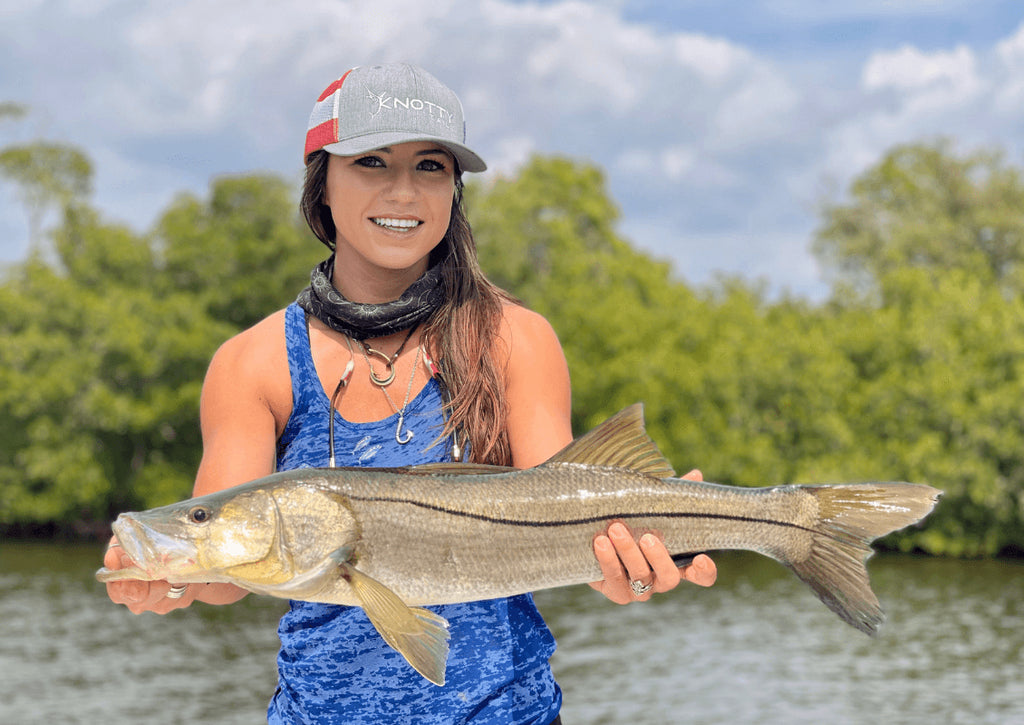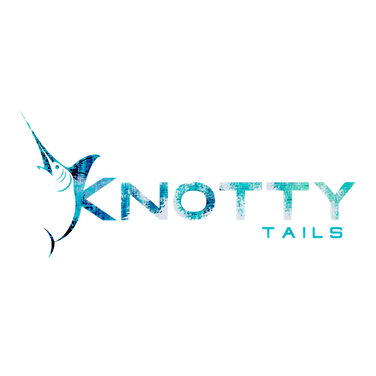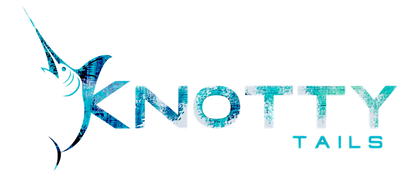How Floridas Snook Permit and Tagging System Helps Snook Population.
Posted by CASSIE SMITTY

Snook Permit Benefits Per 379.354(8)(c) of the Florida Statutes, revenue generated from the sale of snook permits is used exclusively for programs to benefit the snook population.
The Florida Fish and Wildlife Conservation Commission's (FWC) Fish and Wildlife Research Institute (FWRI) scientists conduct research and monitoring activities focused on improving the quality of biological and fisheries data being collected on common snook to ensure that these magnificent fish continue to thrive in Florida's bays and estuaries for generations to come. Major Programs Funded by the Snook Permit fee are:
Stock enhancement - Researchers are testing techniques to spawn snook in hatcheries for stock enhancement purposes.
Snook tagging program - Biologists monitor the movements, habitat use, and survival of adult snook tagged with external dart tags, as well as with internal ultrasonic transmitters (also known as acoustic tags).
Fisheries-independent sampling - Biologists conduct monthly sampling in four Florida estuaries where common snook are typically abundant: Tampa Bay, Charlotte Harbor, and the southern and northern portions of the Indian River Lagoon.
Fisheries-dependent sampling - This project involves researchers collecting snook-related information through creel, or angler surveys and through an angler-based logbook program
Catch-and-release only measures for snook are in effect through May 31, 2021
 From the Hernando/Pasco county line south through Gordon Pass in Collier County, including all waters in Hillsborough County. Since snook is closed annually from May 1-Aug. 31, this fishery will reopen to harvest Sept. 1, 2021. These are proactive measures due to impacts of red tide in this area. Similar measures are in place for red drum and spotted seatrout.
From the Hernando/Pasco county line south through Gordon Pass in Collier County, including all waters in Hillsborough County. Since snook is closed annually from May 1-Aug. 31, this fishery will reopen to harvest Sept. 1, 2021. These are proactive measures due to impacts of red tide in this area. Similar measures are in place for red drum and spotted seatrout.
Snook Regulations
Atlantic
(state and adjacent federal waters, includes Lake Okeechobee and Kissimmee River)
Season: Closed Dec. 15-Jan. 31 and June 1-Aug. 31
Slot Limit: Not less than 28" or more than 32" total length
Daily Bag Limit: 1 per harvester per day; zero captain and crew for-hire limit
Special regulations apply for this species when fishing in Biscayne National Park.
Gulf, Monroe Cty, Everglades NP
Season: Closed Dec. 1-end of February and May 1-Aug. 31 NOTE: All state waters from the Hernando/Pasco county line through Gordon Pass in Collier County is catch-and-release ONLY through Aug. 31, 2021
Slot Limit: Not less than 28" or more than 33" total length
Daily Bag Limit: 1 per harvester per day; zero captain and crew for-hire limit
Special regulations apply for this species when fishing in Biscayne National Park.
How Anglers Can help

Snook Anglers Asked to Help with Research
Scientists with the FWC's Fish and Wildlife Research Institute collect valuable biological data from anglers for studies of the common snook, Centropomus undecimalis.
Observed Weights of Florida’s Common Snook From Known Length and Weight Data.
This article provides a table of information about the observed relationship between snook length and weight.
Cryptic Mortality and Its Effects.
Angler care when handling and releasing snook will dramatically reduce the harmful effects of cryptic mortality.
Techniques to Reduce Catch-and-Release Mortality.
Learn how you can help reduce catch-and-release mortality.
What to Do if You Catch a Tagged Snook.
The Angler Tag Return Hotline is designed to collect data from anglers regarding tagged fish that have been captured or sighted in Florida waters.


